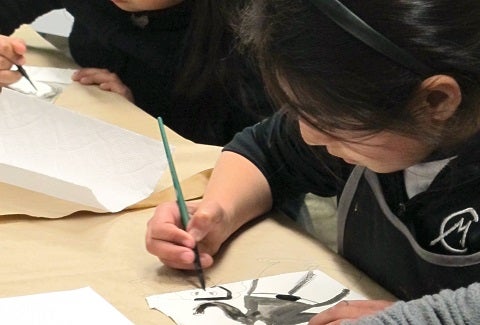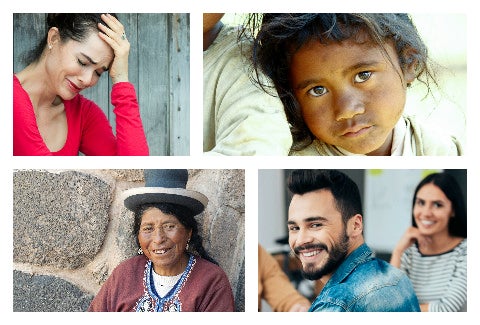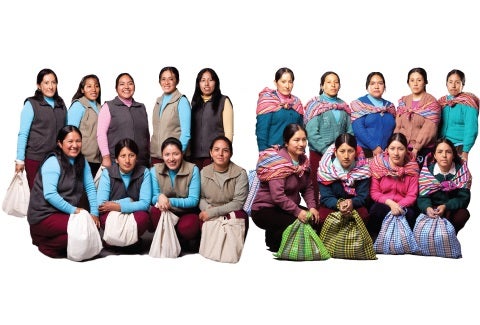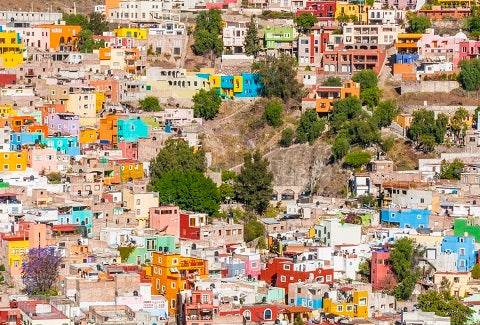By Claudia Piras Free daycare services do not ensure a significant increase in women’s participation in the labor market. Why? The results of an after-school activities program in Chile may have the answer. What is the most common reason given by women when asked why they are not looking for a job? Just what you might think: because they have to take care of their … [Read more...] about Would you leave your children home alone while at work?
Inter-American Development Bank
How much do impact evaluations (really) help policymaking?
by Eva Vivalt. Increasingly rigorous studies have been done on the effects of development programs with the hope that these studies' results will inform policy decisions. However, the same program often has different effects in different contexts. There are many different variables that can affect what will happen. The key question is then: to what extent can we … [Read more...] about How much do impact evaluations (really) help policymaking?
How Do We Know if We Are Improving Lives? Multidimensional Poverty and Subjective Well-Being
The mission of the IDB is to work with the countries of Latin America and the Caribbean to improve the lives of their citizens. However, this process is not an exact science, so it is not always easy to ascertain whether that objective is being achieved. How can we know for certain that Bank-supported projects are helping people live more prosperously? Responding to this … [Read more...] about How Do We Know if We Are Improving Lives? Multidimensional Poverty and Subjective Well-Being
Indigenous and mestizo women: do they receive different treatment in family planning centers in Peru?
Ten women prepare themselves: hair, makeup, clothes, and posture. They practice proper cadence for scripted answers to questions they will soon be asked. Each of them will say she arrived in Lima from an Andean town seeking a brighter future for her two children. Her partner is returning after being away for six months for work, and they do not want to have any more … [Read more...] about Indigenous and mestizo women: do they receive different treatment in family planning centers in Peru?
Habitat program: closing gaps in Mexico’s formal neighborhoods
Imagine living in a neighborhood where some families have water and others don’t. Where half the streets are paved, and only some have sidewalks. Where street lighting exists only in certain areas, making it dangerous to return home at night or go out before dawn. Or where you have to walk very far to find a park, a football field, a health clinic, or a day-care … [Read more...] about Habitat program: closing gaps in Mexico’s formal neighborhoods





